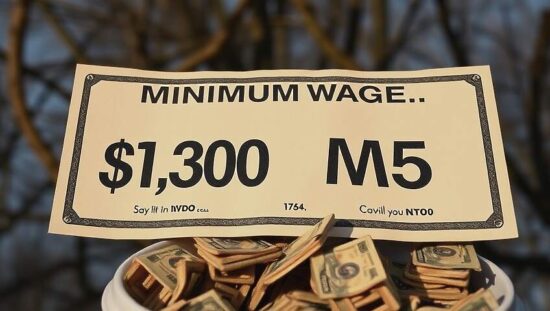In a recent interview, the head of the CDU’s social wing, Dennis Radtke, expressed his support for a noticeable increase in the minimum wage. He emphasized the need for a well-balanced and socially conscious decision from the minimum wage commission, given the rising cost of living. “A poverty-proof minimum wage is and remains a question of social justice” Radtke stated. “Those who work full-time should be able to live from their wages.”
The commission is set to make a decision on the minimum wage by the end of June. The Social Democratic Party (SPD) is hoping for an increase to 15 euros per hour in the coming year, with prominent social democrats having previously shown openness to a political decision in the event that the commission’s decision falls short of this mark.
In contrast, the Union is opposed to any intervention, with Radtke focusing on the importance of strengthening the collective bargaining agreement system, stating, “This remains the best way to achieve fair wages.”
Currently, the law only requires the minimum wage commission to orient itself towards the development of collective bargaining agreements. The implementation of an EU directive, which mentions the median gross salary of Germans as one of several options, aims to establish this benchmark. According to calculations by the Hans Böckler Foundation, a union-affiliated organization, the minimum wage would have already needed to reach 13.50 euros per hour in 2023, had it been oriented towards the median gross salary.





